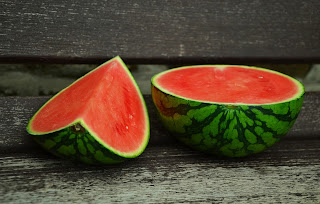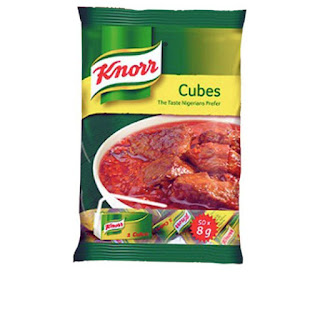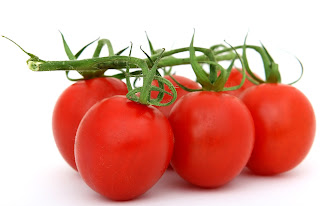6 Evidence-Based Health Benefits of Lemons

Lemons are high in vitamin C, fiber, and various beneficial plant compounds. These nutrients are responsible for several health benefits. In fact, lemons may support heart health, weight control, and digestive health. Here are 6 evidence-based health benefits of lemons. 1. Support Heart Health Lemons are a good source of vitamin C. One lemon provides about 31 mg of vitamin C, which is 51% of the reference daily intake (RDI). Research shows that eating fruits and vegetables rich in vitamin C reduces your risk of heart disease and stroke. However, it’s not only the vitamin C that is thought to be good for your heart. The fiber and plant compounds in lemons could also significantly lower some risk factors for heart disease. For instance, one study revealed that eating 24 grams of citrus fiber extract daily for a month reduced total blood cholesterol levels. Plant compounds found in lemons — namely hesperidin and diosmin — have also been found to lower cholesterol.




